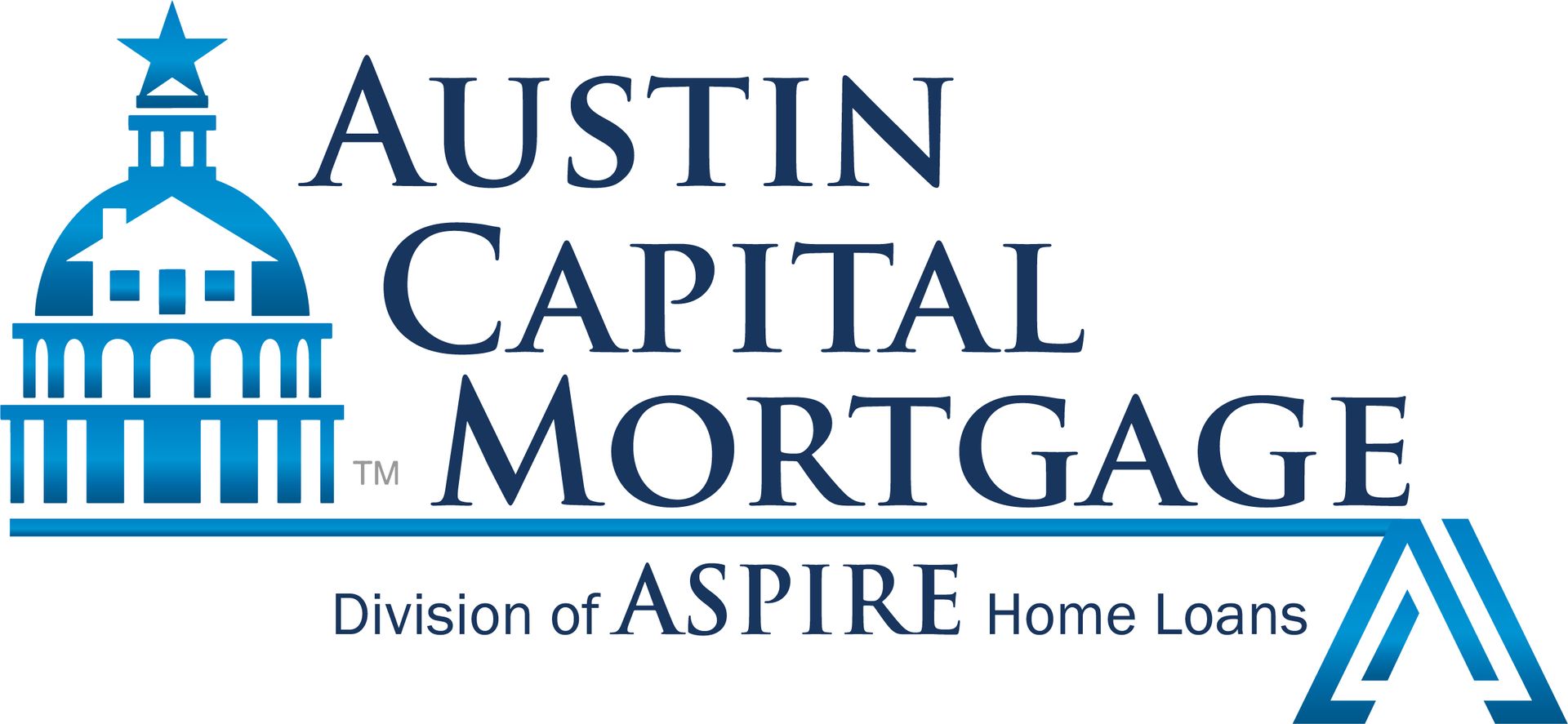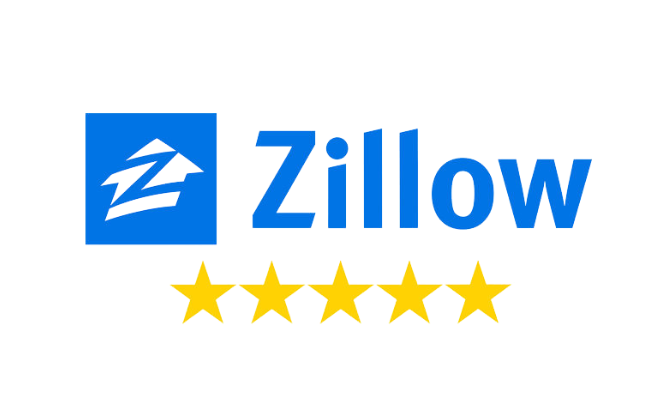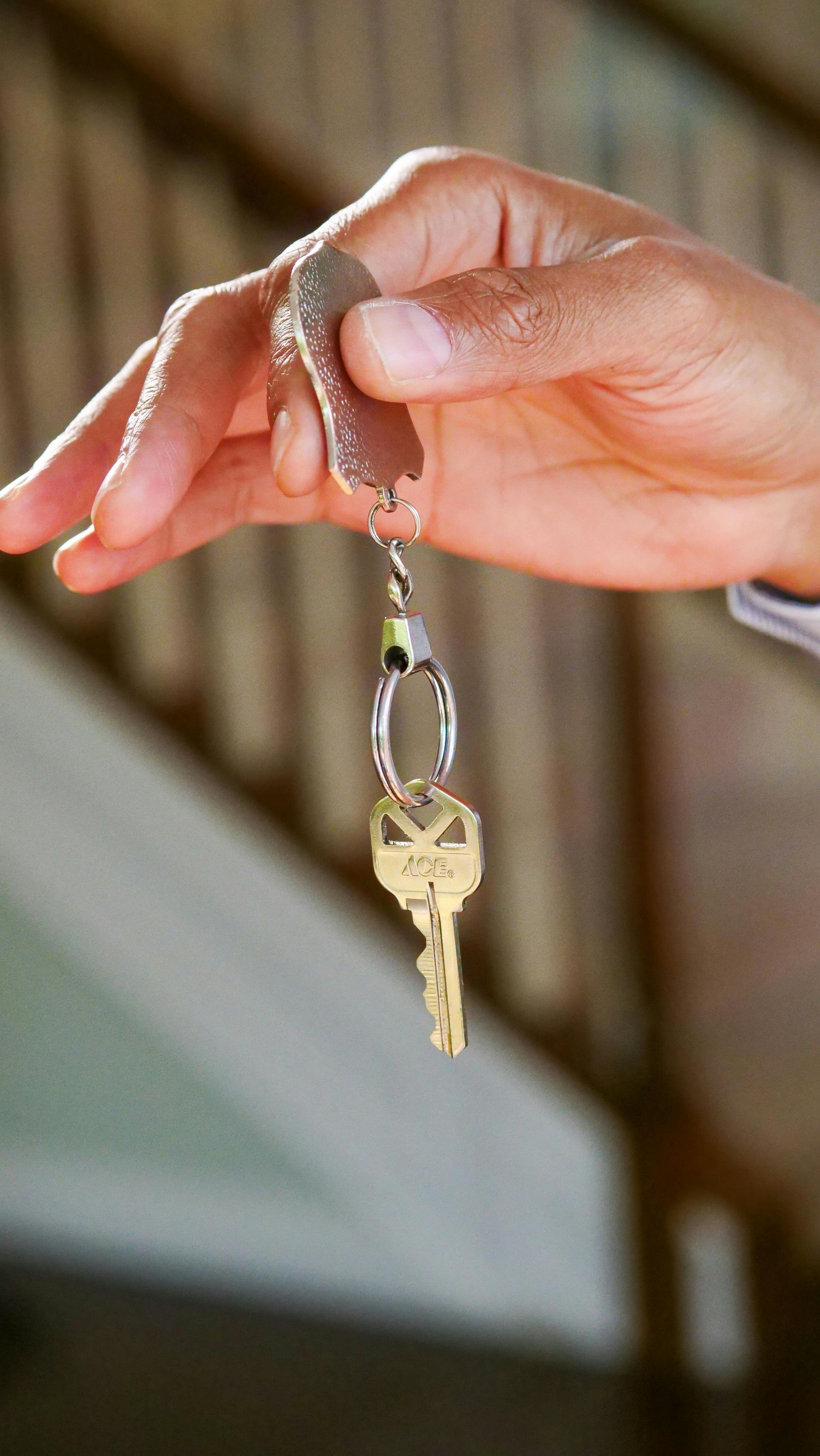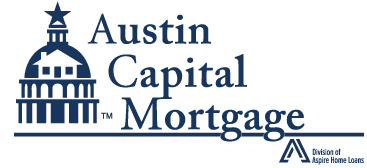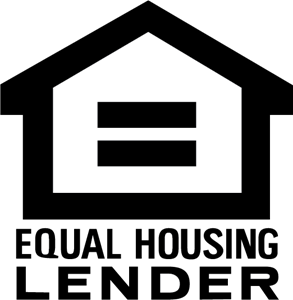Top Mortgage Lenders Since 1996
Conventional Loans: Buy Your First Home With Just 3% Down
Our conventional loans offer flexible terms, low down payment options, and long-term cost savings, especially if you have strong credit.
- Down payment as low as 3%
- Shop Multiple Lenders
- No Upfront Funding fee
- PMI drops at 20% equity
What is a Conventional Loan?
A conventional loan is the most common mortgage type in the U.S.
Unlike government-backed loans like FHA or VA, it’s funded by private lenders and follows standards set by Fannie Mae and Freddie Mac.
Who is it for?
- Borrowers with
credit scores of 680+ (ideally 720 or higher).
- Homebuyers with at least
3%–20% down payment saved.
- People who want to avoid government loan restrictions (like FHA’s mortgage insurance rules).
- Buyers who want
lower monthly costs long-term (once PMI is removed at 20% equity).
- Works for
single-family homes, condos, second homes, or investment properties
Conventional Loan Options
Buy your first home with confidence, save on costs, and avoid paying more than you should.
Here are the flexible loan options we offer:
Fixed-Rate Mortgage
How It Works: Your interest rate stays the same for the entire loan term, giving you predictable monthly payments.
Loan Terms: Common terms include 15, 20, or 30 years. Shorter terms often come with lower rates but higher monthly payments.
Best For:
- Homebuyers who plan to stay in their home long-term.
- Borrowers who value payment stability and want to lock in today’s rates.
Why Choose ACM: We shop across lenders to find you the most competitive fixed-rate, so you can build equity with confidence.
Adjustable-Rate Mortgages (ARM)
How It Works: ARMs start with a lower introductory rate for a set period (e.g., 5/1 ARM = fixed for 5 years, then adjusts annually).
After that, your rate adjusts based on market conditions.
Example: A 5/1 ARM may offer a much lower initial payment compared to a 30-year fixed loan.
Best For:
- Buyers who plan to sell or refinance before the adjustment period.
- Borrowers who want to take advantage of lower upfront costs.
Why Choose ACM: We structure ARMs strategically so you save in the early years while planning ahead for future refinancing if needed.
Conforming Conventional Loans
How It Works: These loans follow Fannie Mae and Freddie Mac guidelines and stay within set loan limits.
For 2025, Fannie Mae limits are: $806,500 for a one-unit property in most of the U.S. and $1,209,750 in high-cost areas.
Best For:
- First-time and repeat buyers purchasing homes within the standard loan limits.
- Borrowers seeking competitive interest rates and streamlined approval.
Why Choose ACM: We simplify the process of meeting Fannie/Freddie requirements and maximize your buying power with flexible down payment options (as low as 3%).
Non-Conforming / Jumbo Loans
How It Works: Jumbo loans exceed conforming loan limits and aren’t purchased by Fannie or Freddie.
They’re ideal for higher-priced homes.
Loan Amounts: Typically above $766,550 (varies by county).
Best For:
- Buyers in high-demand markets like Austin, Dallas, or Houston, where home prices often exceed the conforming cap.
- Borrowers with strong credit (700+) and healthy income documentation.
Why Choose ACM: Our lender network gives you access to competitive jumbo rates and faster in-house underwriting compared to big banks, so you can close on high-value homes smoothly.
Conventional Loan Requirements
Conventional loans have stricter requirements compared to government-backed options, but they often reward qualified borrowers with lower long-term costs and more flexibility.
Here’s what you need to qualify for a conventional home loan:
Credit Score
- Minimum of 620 to qualify, but borrowers with scores of 680+ typically secure better interest rates and terms.
Debt-to-Income (DTI) Ratio
- Lenders prefer a DTI of
43% or lower, which means your
monthly debts (including your new mortgage)
should not exceed 43% of your gross monthly income.
At ACM, we can work with DTIs upto 51% for first time home buyers.
Down Payment
- Conventional loans require as little as
3% down for
first-time buyers, though 5–20% is more common.
A down payment of 20% eliminates the need for Private Mortgage Insurance (PMI).
Documentation
- Lenders will ask for proof of income, tax returns, bank statements, and employment history to verify financial stability.
| Requirement | Conventional Loan | FHA Loan | VA Loan | USDA Loan |
|---|---|---|---|---|
| Credit Score | 620+ (better rates at 680+) | 580+ with 3.5% down (500+ with 10% down) | No official minimum (most lenders look for 620+) | Usually 640+ |
| Debt-to-Income (DTI) | Typically under 43% | Up to 50% with compensating factors | Flexible (guideline 41%, higher often allowed) | Typically under 41% |
| Down Payment | 3% minimum (5–20% more common) | 3.5% minimum | 0% required | 0% required |
| Mortgage Insurance | Required if <20% down; drops off at 20% equity | Required for life of loan (MIP) | None | None, but small annual fee applies |
| Documentation | Proof of income, tax returns, employment history | Similar documentation, more flexible credit standards | Proof of military service, income verification | Income verification + rural property eligibility |
| Funding/Guarantee Fee | None | 1.75% upfront MIP (financed or paid at closing) | VA funding fee (waived for disabled vets) | 1% upfront guarantee fee (financed or paid at closing) |
| Property Eligibility | Primary, second homes, and investment properties | Primary residence only | Primary residence only | Primary residence in USDA-eligible rural areas |
Is Conventional Loan Right for Me?
- Conventional Loans are best for borrowers with good credit and stable income who want flexibility (including second homes or investment properties).
- FHA Loans help first-time buyers with lower credit, but mortgage insurance stays for the life of the loan.
- VA Loans are the top choice for veterans and service members thanks to 0% down and no PMI.
- USDA Loans are great for buyers in rural or suburban areas who meet income requirements.
Our Process: How it Works?
From comparing lenders to securing pre-approval and closing fast, we walk with you every step of the way.
List of Services
-
Apply OnlineList Item 1
Fill our 2-min form to get started.
-
Compare Multiple OptionsList Item 2
We shop across hundreds of lenders to find the most competitive rates and terms for you.
-
Get Pre-Approved in a DayList Item 3
Get pre-approved in as less as 24 hrs and strengthen your offer.
-
Submit Your Documents OnlineList Item 4
Upload your documents through our secure online portal for fast, streamlined underwriting.
-
Close Fast
Close in as less as 14 days with our team of top loan officers and in-house underwriters.
Hear From Our Happy Clients!
As Texas' top rated mortgage lenders, we have a strong reputation with an average rating of 5 Stars across all channels.
Conventional Loan FAQs
Got a question? We’re here to help.
